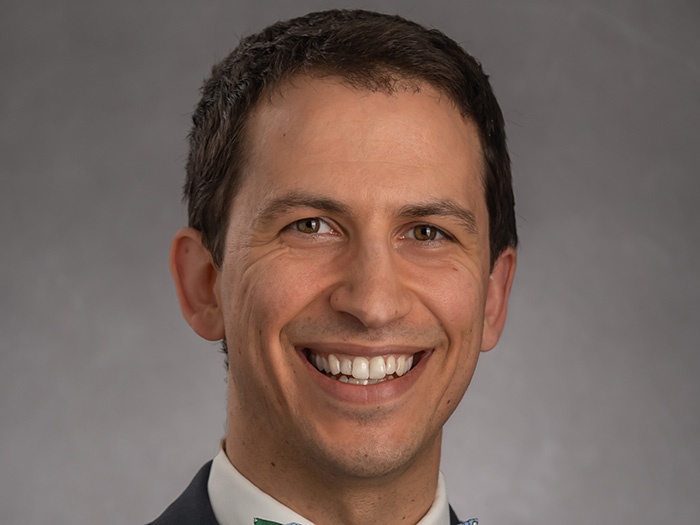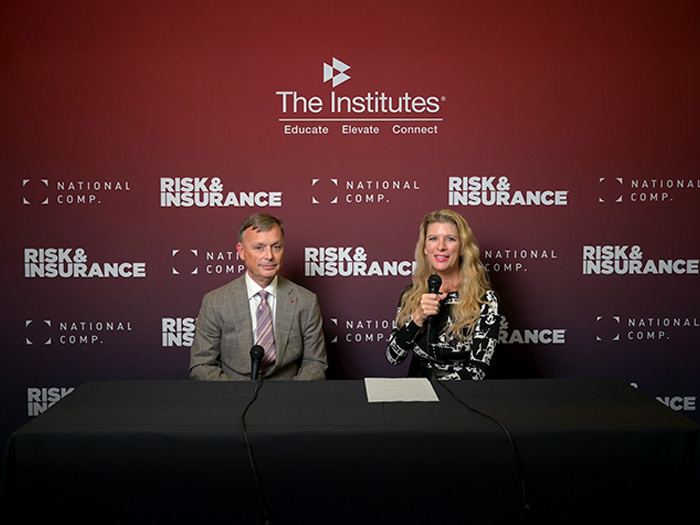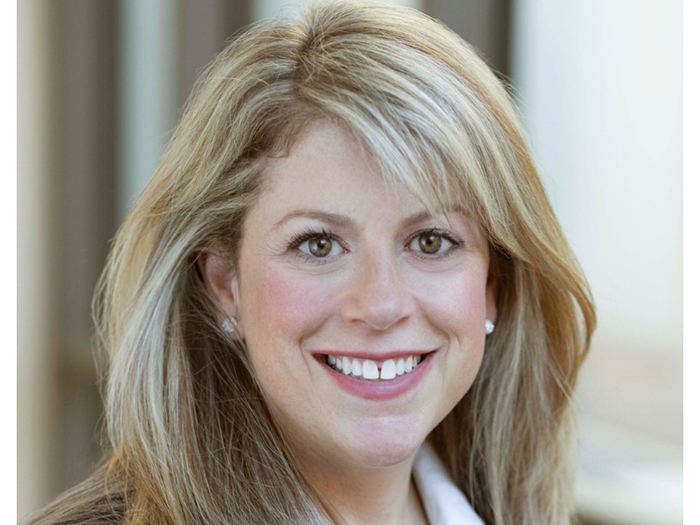Transforming Lives: James Dick’s Role in Empowering Nonprofits for the Homeless

Displacement is a scary thing. Not having shelter breeds anxiety, distress and fear.
According to the National Alliance to End Homelessness, more than 50% of homeless people in the U.S. went unsheltered in 2023.
Sheltering the unhoused is more than a noble cause; these efforts provide millions of Americans with one of our most basic needs— shelter—giving them an opportunity to rest, even for a moment, and recoup.
James Dick, program manager, Gallagher, has become something of an expert in insuring rescue missions dedicated to helping the homeless. His book of business is impressive. He works with nearly one hundred different organizations directly or indirectly, for day-to-day insurance and risk management needs.
But more importantly, he understands that insuring these nonprofits is not just about the client.
“Our biggest thing is helping people understand that homelessness is usually a symptom of something deeper—a past trauma, untreated mental health. We’re focused on helping people appreciate … that the homeless are not there because they chose to be, or they made all these bad decisions,” Dick said.
“These organizations I work with provide shelter, but they also come alongside a person and figure out what they need to get back to thriving in life.”
Connections and Contracts
Having a large network of homeless shelters has created a network of opportunities. Dick, a 2025 Nonprofit Power Broker winner, said that one of the best parts of working with so many different missions is in his ability to connect them and their ideas.
“A part that’s really special for me is to be able to be a connector between organizations,” he said.
“These organizations not only do amazing work on the frontlines of homelessness, but they also have to create their funding every year. Some get grants, but a lot of them are doing this through private donations or social enterprises—running a thrift store, running a catering company. They’re always looking for new ideas to expand their resources and to do things better. … I am able to connect them with another mission’s team that might not necessarily be on their radar but is eager to be a mentor when they’re going into either a new program or a new social enterprise.”
Because homeless shelters and rescue missions are often looking for ways to create the funds they need, they often run into that pesky little thing called insurance.
Anytime there’s something brand new to cover—like, for instance, one of Dick’s clients that wanted to start a garbage collection enterprise—insurers tend to pause. Sometimes for good reason: “There isn’t a lot of past data to suggest what the loss experience is,” Dick said.
But for Dick’s clients, that’s not a stopping point in the slightest.
One nonprofit client had gotten into the space of running shelters for migrants in New York City. An insurance appetite for migrant shelters barely exists.
“New York City is our most populous part of the country, so there’s a little bit of nervousness [on the part of insurance] for any kind of operation. And this particular organization had their insurance costs balloon to half a million dollars a year,” Dick explained.
He and his fellow Gallagher Power Broker colleague, Amy Kansay, worked together to help the client get the coverage it needed at a more affordable cost. One of the main requests they had, according to Dick, was to be able to give their frontline workers a raise as well.
Hard work, dedication, and a network of resources enabled Dick and Kansay to bring those costs down, all while keeping the same coverage, at a $90,000 price point.
“And those frontline workers got a raise,” he said. “The real heroes when it comes to battling homelessness, addiction and just not thriving in life are those frontline case managers who are building relationships and helping people start to experience hope again. For them to be able to get a raise, that’s very meaningful for me.”
A Philosophy of Service
While insurance wasn’t exactly the first career choice for Dick, he has always had an inclination for helping those at a crossroads in life.
“I studied economics and classics in college. In addition, Washington and Lee [University], where I went, had a really great concentration/minor in poverty and human capability, studying why people are poor and what we can do about it as a society,” he shared.
After graduation, Dick and his younger brother took a gap year together, backpacking in Latin America, doing volunteer work and exploring more of who they were as people. Upon returning home, Dick found himself at a small, family-owned insurance agency, where his knowledge and understanding of the industry really began to form.
“We ran a couple national programs, and the most interesting was this one for faith-based homeless shelters. We had an association program that started after one of the homeless shelters in New York City lost its insurance after 9/11. We figured out we could do it better by having these different nonprofits working together to secure insurance,” he said.
Fast-forward 20 years, and he’s still deeply embedded in this world, trying to help transform lives and give those facing homelessness a path forward.
“I really like working with mission-driven buyers of insurance, such as those who work at a homeless shelter, or as we call it, a life transformation organization. Homelessness typically is a symptom of a much larger issue that a person has. Like an untreated mental health, past trauma, not having a strong enough social network to help you with the ups and downs of life,” he said.
“Insurance is my world. That’s what I think about every day—but I know our clients aren’t,” he continued. “Their mission is helping; my mission is getting to know them and how insurance and risk management fits into the whole ecosystem of their world.” &








